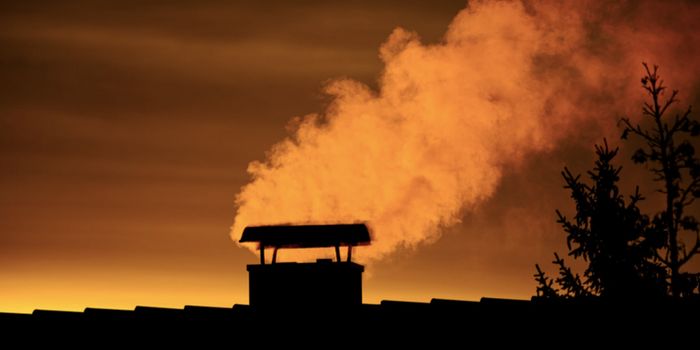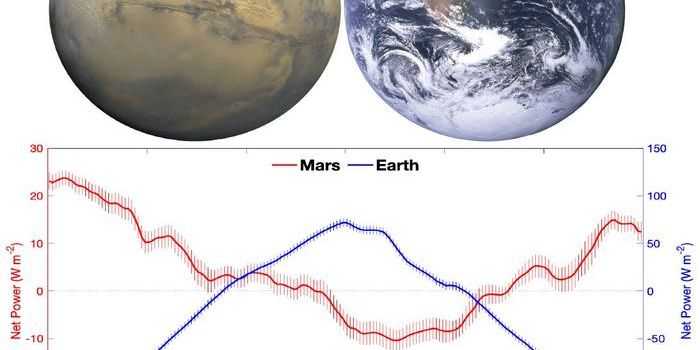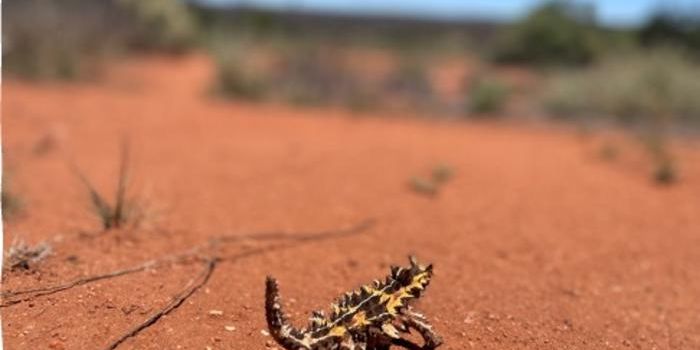Indigenous and local knowledge is crucial to biodiversity monitoring
A study published recently in the Journal of Applied Ecology harps on the necessity of incorporating Indigenous and local knowledge into the international monitoring of biodiversity and ecosystem services. The authors, led by Pamela McElwee from Rutgers University, say that while last year’s Global Assessment Report on Biodiversity and Ecosystem Services was the first to use Indigenous and local knowledge as a source of evidence, more emphasis should be placed on the importance that such knowledge carries.
McElwee and her colleagues gathered over 300 indicators that were developed by Indigenous people in order to monitor ecosystem change. Their findings showed that the majority of the indicators point towards negative ecosystem health trends. Indicators included, for example, the abundance of invasive species or changes in the health of wild animals – factors crucial for monitoring ecosystem changes and managing ecosystems.
"Scientists and Indigenous communities working together are needed to understand our rapidly changing world," said McElwee, who is an associate professor in the Department of Human Ecology in the School of Environmental and Biological Sciences at Rutgers University-New Brunswick. "Many Indigenous peoples have unique abilities to notice ecosystems altering before their eyes by using local indicators, like the color of fat in hunted prey or changes in types of species found together. Scientists wouldn't be able to perform these kinds of observations in the long run for many reasons, including costs and the remoteness of some areas. So Indigenous knowledge is absolutely essential for understanding the cumulative impacts of biodiversity loss and ecosystem degradation."
The addition of such knowledge can influence policy decisions that affect both wildlife and the humans living with and near them. Such decisions can include laws stipulating where and how hunting, fishing, or logging is permitted, for instance.
"Partnering with Indigenous peoples can help scientists and researchers understand how natural and cultural systems affect each other, identify trends through diverse indicators and improve sustainable development goals and policies for all," she said.
To do this, though, requires intentionality. As the authors write, they carried out a critical evaluation by a variety of methods, including “organizing dialogue workshops; issuing calls for contributions to identify other forms and systems of knowledge; and encouraging Indigenous peoples and local communities to be key stakeholders and contributors.”
They continue: “Successfully bringing Indigenous local knowledge into assessment processes and policy arenas requires a deliberate framework and approach from the start that facilitates recognition of different knowledge systems, identifies questions relevant at various scales, mobilizes funding and recognizes time required and engages networks of stakeholders with diverse worldviews.” But the time and the effort is worth it, they say, because the knowledge that Indigenous communities can offer on the natural world is vast.
Sources: Journal of Applied Ecology, Science Daily









